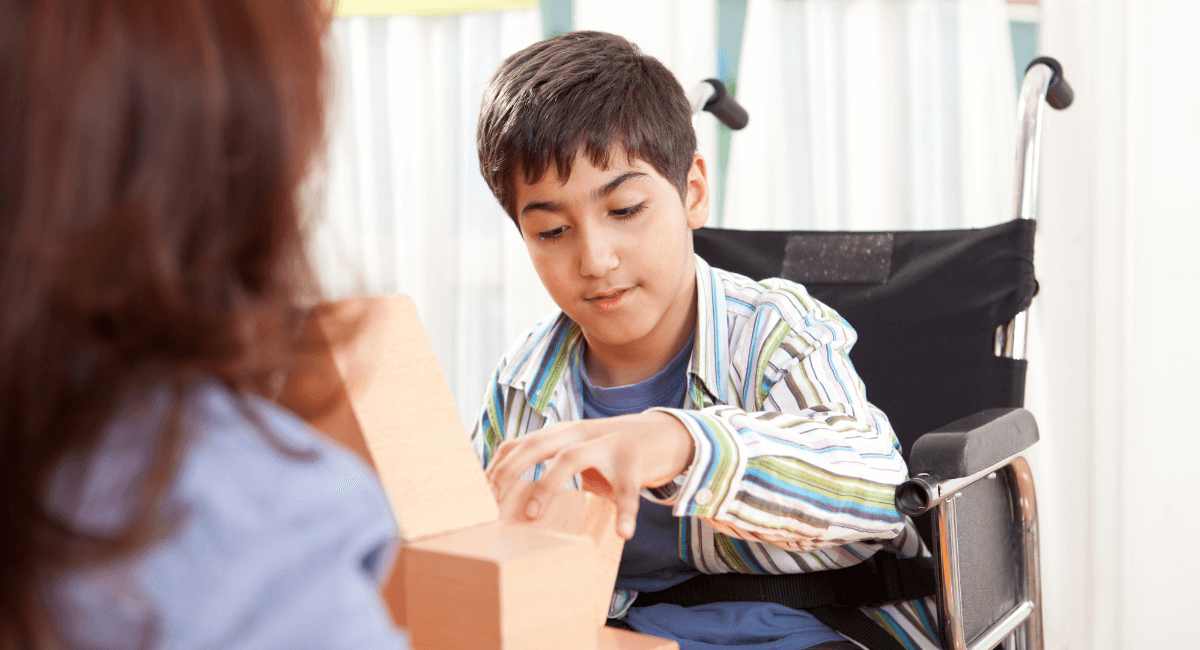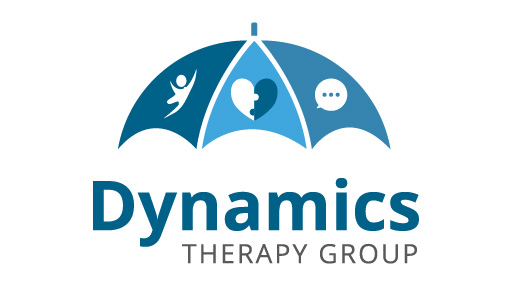
It sometimes happens that a student who has been doing well during the lower grades or primary school years starts to show a decrease in academic performance at around age nine or ten. Language difficulties may appear or become more pronounced as children get older and are expected to read and comprehend more and more written material. Some subjects, such as English and the Humanities, are especially demanding in terms of language. Therefore, it may be that a child who has seemed to cope well during the early school years may start struggling later on, and would greatly benefit from ET to prevent them from falling behind their peers.
How can ET help with difficulties in expressive language?
- Phonics and sounds:
ET can develop a child’s phonological awareness skills and teach them explicitly how to relate speech sounds to written letters or letter combinations. This is an important skill that children need in order to be able to read and spell.
- Writing:
ET can help children who have difficulty expressing their thoughts and ideas in writing. Therapy can focus on any or all stages of the writing process, helping students to form well-structured sentences, use planners and graphic organisers, research a topic, make notes, and edit their work. ET sessions can also help students to improve their spelling, punctuation, grammar, and use of vocabulary.
N.B. Difficulties with articulation or pronunciation of certain sounds, oral expression or the mechanics of speech are best addressed by a speech and language therapist.
How can ET help with difficulties in receptive language?
- Reading:
ET can help students of all ages who are struggling with reading. The activities and programs used will depend on the child’s age and ability level. Sessions will spend time on both practise with decoding and reading unfamiliar words, and work on recognition and automatic identification of sight words.
- Comprehension:
ET can teach children ways to get better at understanding what they are reading. This may be through explicit practise with vocabulary and figurative language, or by employing strategies to promote deeper reading. For example, children can learn to make predictions about what they are reading, relate new information to what they already know, and ask further questions about what they have learned.
FAQ: Is ET suitable for nonverbal children?
Yes, as long as the child has an alternative form of communication available to them that they are comfortable using.
Author: Victoria Hobbs, Educational Therapist

